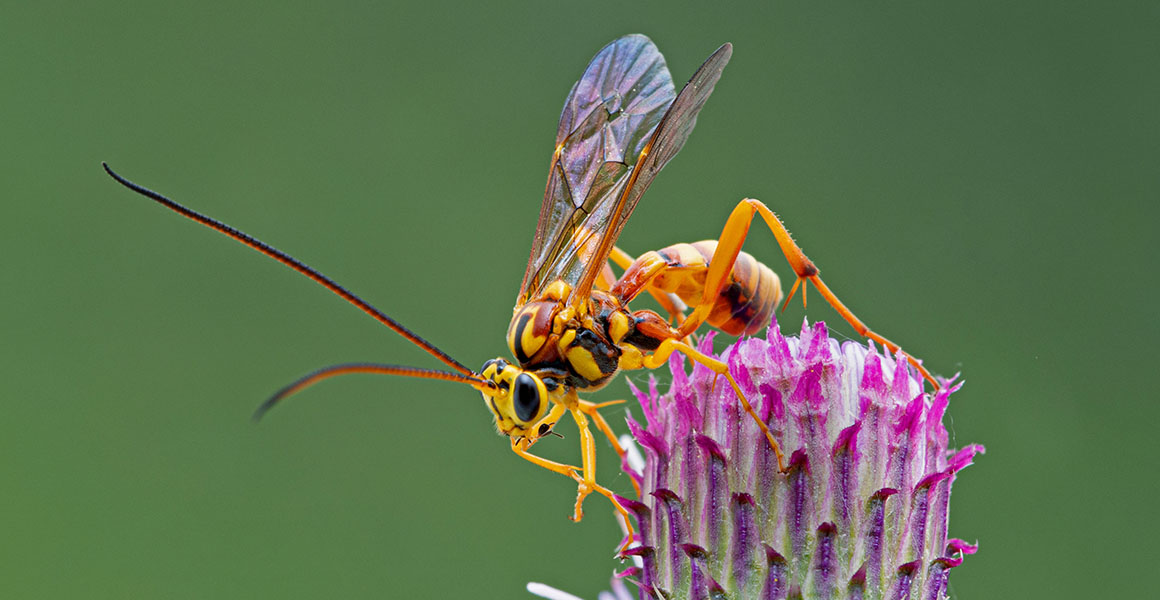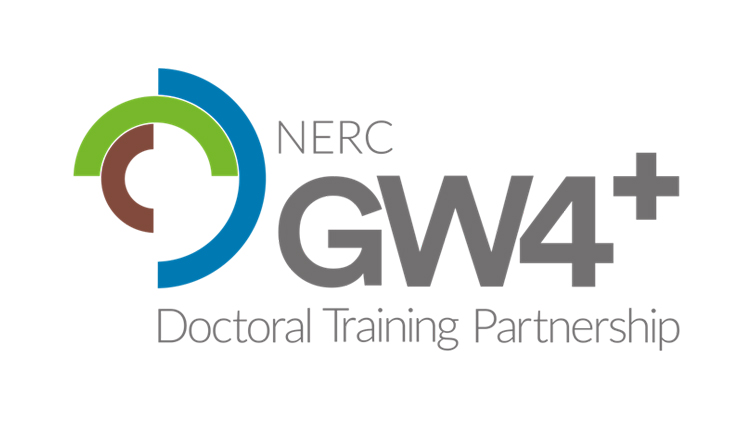Project aims and methods
Parasitoid wasps, a megadiverse group within the insect order Hymenoptera, are essential for maintaining ecological balance and pest control.
Parasitoids attack and kill an astonishing range of arthropod hosts of all life stages, using a variety of strategies, often in complex combinations. These strategies include endo- and ectoparasitoidism, gregarious or solitary development, koiniobiontism and idiobiontism, ooparasitoidism, hyperparasitoidism, kleptoparasitism and more (Polaszek & Vilhelmsen, 2023).
Because of this suite of unique life traits, they also display great potential for being studied as new model organisms. But the extent of their biodiversity remains largely unknown, hampering our ability to leverage their potential fully.
This proposal outlines an ambitious project that harnesses cutting-edge artificial intelligence (AI) and genomic techniques to expedite the discovery of parasitoid species and uncover the evolutionary trends driving their diversification.
Through interdisciplinary collaboration and innovative methodologies, we aim to revolutionize our comprehension of parasitoid wasps, and harness and improve their potential as biocontrol agents.
Project CASE partner
Biobest BV is among the most successful global biocontrol practitioners. Among other activities and services, the company provides many different species of parasitoid biocontrol agents. Andrew Polaszek has worked with Biobest for more than 10 years, mostly identifying and providing certification for these highly effective, environmentally friendly biocontrol agents.
The proposed project has major potential for the discovery of new species which could be mass-produced as biocontrol agents. Biobest BV is extremely well positioned to lead this activity.


.png)